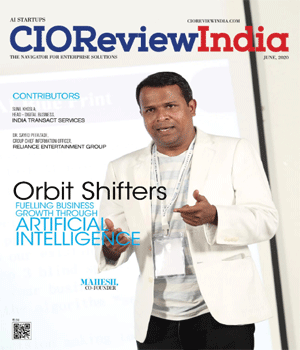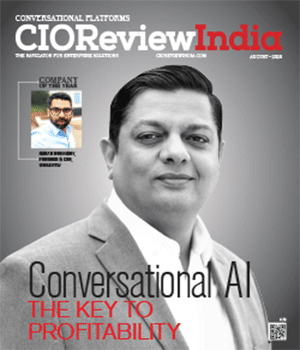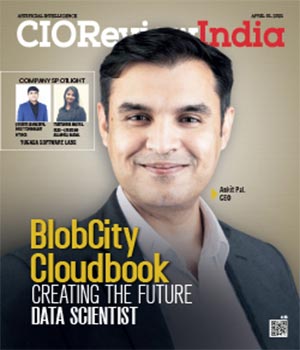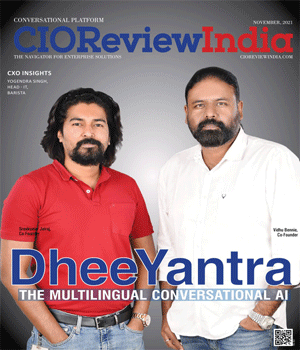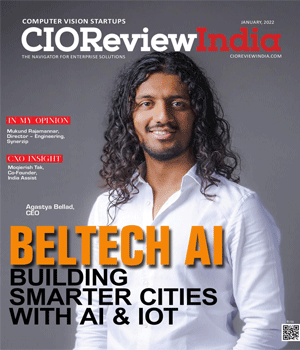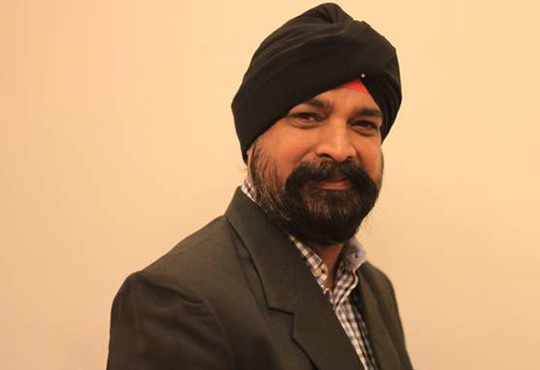
The Current Electric Vehicles Landscape in India
Richa Singh

Excerpts from an interaction with Poorvak Kapoor, Associate VP – Vehicle Intelligence, Euler Motors Poorvak boasts of close to a decade long career during which he has worked with companies such as Soncept Software Solutions, Indices Analytics, Frankly. Me, Cube26 and Juggernaut Books, prior to joining Euler Motors in 2019.
What are your thoughts on the current electric vehicles market in India?
Given the nascent stage of electric vehicles in India, there definitely exists a gap in the infrastructure that is needed for the EV push in the country. This is because there is a less number of EV charging grids and charging stations even in tier-I cities. Although Electric Vehicles are a hot topic of discussion in the industry today, the setting-up of the necessary infrastructure required for this is still under process.
Also, the pricing of EVs is high in India because the battery technology used in these vehicles is developed abroad and there is still no indigenous battery technology in India that can efficiently satiate this use case. Currently, there is a transition happening in India from a conventional vehicle to an electric vehicle. This paradigm shift will definitely need a more skilled workforce in both electrical and mechanical domains. Since India is a mechanical-heavy ecosystem, the skilled electrical workforce is still lagging behind.
Apart from this, there are also softer points around the government’s push via initiatives to encourage EV adoption. While there is a lot of talk of encouragement from the government’s side, there are still some voids that could be filled by government agencies.
How are technology solutions helping to democratize the EV industry’s quick transition in India?
The amount of data we collate and the total amount of insights that can be drawn through this data will play a key role in the development of the next-generation EV industry. From a broader perspective, the electrical and electronic aspects of an EV have a lot of new technologies going into place instead of the traditional petrol/diesel vehicles. These technologies are relatively newer to the Indian ecosystem, wherein we gradually understand the various intricacies involved in the EV business. At Euler Motors, the amount of data that we collate from our vehicles helps us take a decision as to what to build and what not to build. This gives us an extra edge over our competition.
Tell us about some of the challenges pertaining to battery charging and the expansion of power station infrastructure in India.
When it comes to EV charging infrastructure, people have been talking about things like fast charging, and similar other aspects. But we as a company are a bit more advanced. We are investing heavily in fast charging options like our Flash27 Charger which gives customers a 50 km range in just 15 minutes. This has been possible only by having ultrafast charging stations of 20-25 KW power. However, it is very much necessary to have a balanced grid to run such a charging station. Also, while the government is offering several subsidies for EVs, the charging stations as a commodity aren’t receiving the desired subsidies, thus making the operation of EV charging stations a costly affair.
How will the combination of AI and IoT be beneficial for the battery management of electric vehicles?
The vehicle is connected to the cloud and exchanging data is what IoT is for us. We curate almost 250-300 data points every five seconds, which is a benchmark in the industry today. We collect this data due to the fundamental AI features that we are offering our customers. Charging time is a major factor when talking about EVs. A home charging for a normal EV would take at least 6-7 hours to be fully charged, while our EVs take 3-3.5 hours. That time difference of 2-3 hours is made possible by the continuous machine-learning capabilities that we have built into our EVs. Yet another major factor to look into with regard to electric vehicles is their range. For this, we did a lot of research and implemented AI tech into our vehicles in such a way that it can precisely predict the approximate estimate of the remaining range of the vehicle.
In your opinion, how can we reduce the challenges associated with thermal management in an EV model for maximum effectiveness?
We were the first company in the market to introduce liquid cooling in our EVs because we are very well aware of the importance of maintaining the temperature of the battery pack of an EV. Our patented liquid cooling technology makes sure that every part within the battery pack remains at an idle temperature, thus increasing the output, efficiency, and longevity of the vehicle. Additionally, we are extending this cooling technology to other parts of our EV as well which might get heated and require cooling.
What role will EVs play in the future in enabling India’s potential for electric transportation?
Over the last few years, the adoption of electric vehicles has been growing significantly in India. Lesser TCO of electric vehicles compared to other fuel-based vehicles is a major factor for this growing consumption. Hence, India is definitely on a trend of adopting EVs. A little more encouragement and push from the government in the form of maybe extending the subsidies will definitely go a long way in the industry reaching its maximum potential.
CIO Viewpoint
Why Foolproof Facial Recognition Is Key Against...
By Joseph Sudheer Thumma, Global CEO & MD, Magellanic Cloud
National Technology Day 2025: Powering Progress...
By CIOTech Outlook Team
Aligning IT Roadmap with Business Objectives: A...
By Subhash singh Punjabi, CISO & Head Enterprise Architecture, Deepak Fertilisers & Petrochemicals Corporation Ltd
CXO Insights
Data Management Strategies for AI-Driven...
By Dr. Parul Naib, Head - Data Science and AI, Reserve Bank Innovation Hub
Revolutionizing Financial Services with...
By Srikanth Appana, Chief Technology Officer, Bajaj Auto Credit Ltd
How to Lead Large-Scale Digital Engineering...


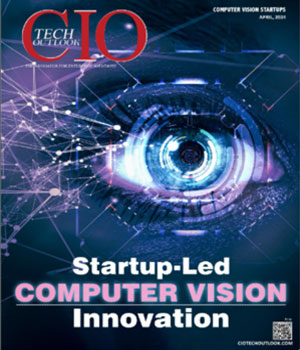
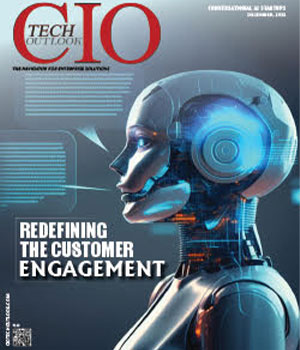
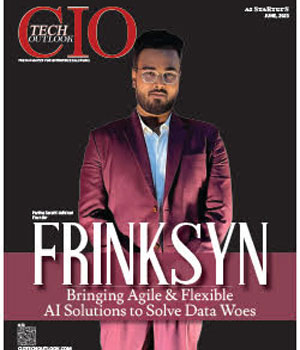
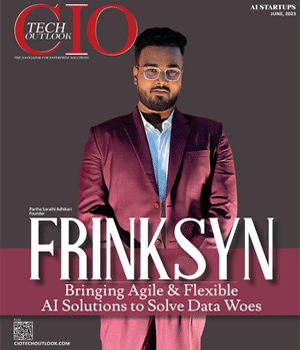
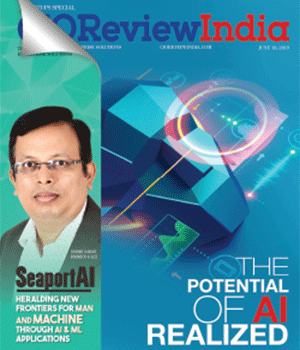
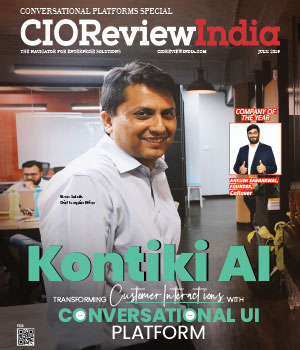
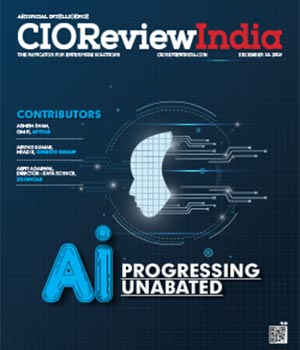
.jpg)
.jpg)
.jpg)
